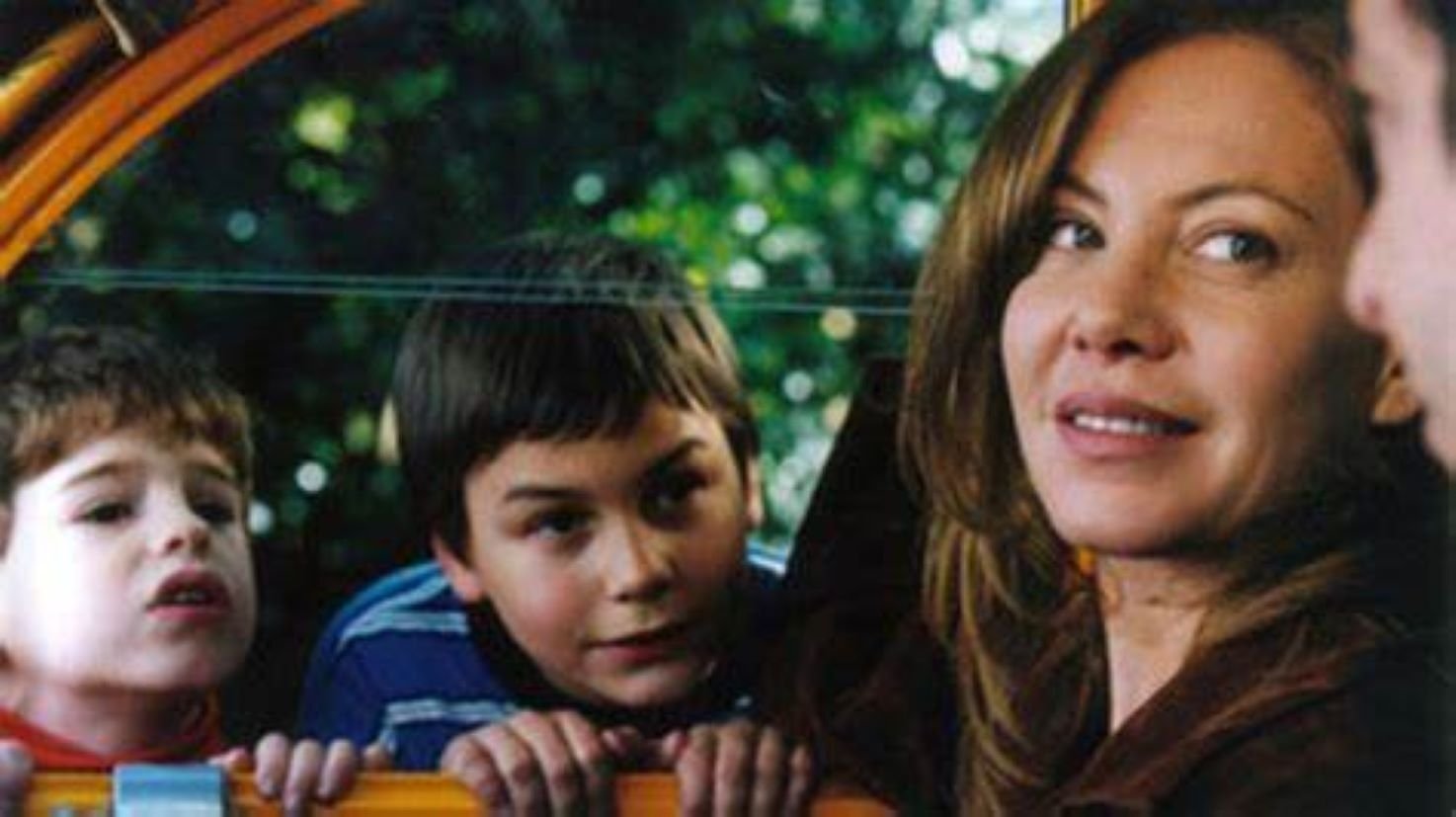Kamchatka

The film "Kamchatka" elicits a strong emotional response rooted in its dramatic portrayal of a family's struggle during the 1976 Argentine coup. **Sadness** is pervasive, stemming from the loss of their normal life, the "disappearance" of friends, and the constant underlying threat. This is compounded by significant **Anxiety** as the family lives in hiding, fearing discovery and the precariousness of their situation, subtly hinted at by the mother's smoking and the child's bed-wetting. **Empathy** is deeply felt for the family, especially seen through the innocent eyes of the ten-year-old Harry, as they navigate an incomprehensible and dangerous reality. A sense of **Melancholy** permeates the film, reflecting on lost innocence and the somber historical context, often viewed through a nostalgic lens. Despite the overwhelming challenges, the strong bonds of **Love** within the family provide a vital counterpoint, offering moments of warmth and resilience, fostering a degree of **Hope** as they strive to maintain normalcy and connection. The audience also experiences **Fear** for the family's safety and finds the political repression and "disappearances" inherently **Disturbing**.
Rate the Movie
Emotion Statistics